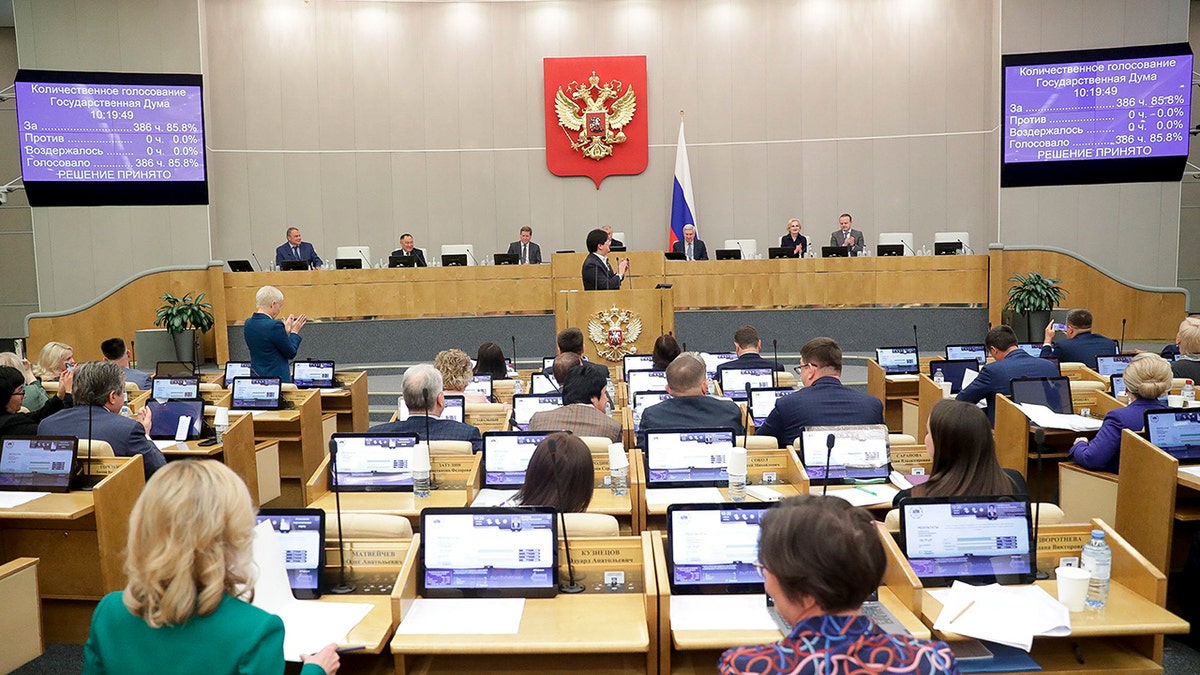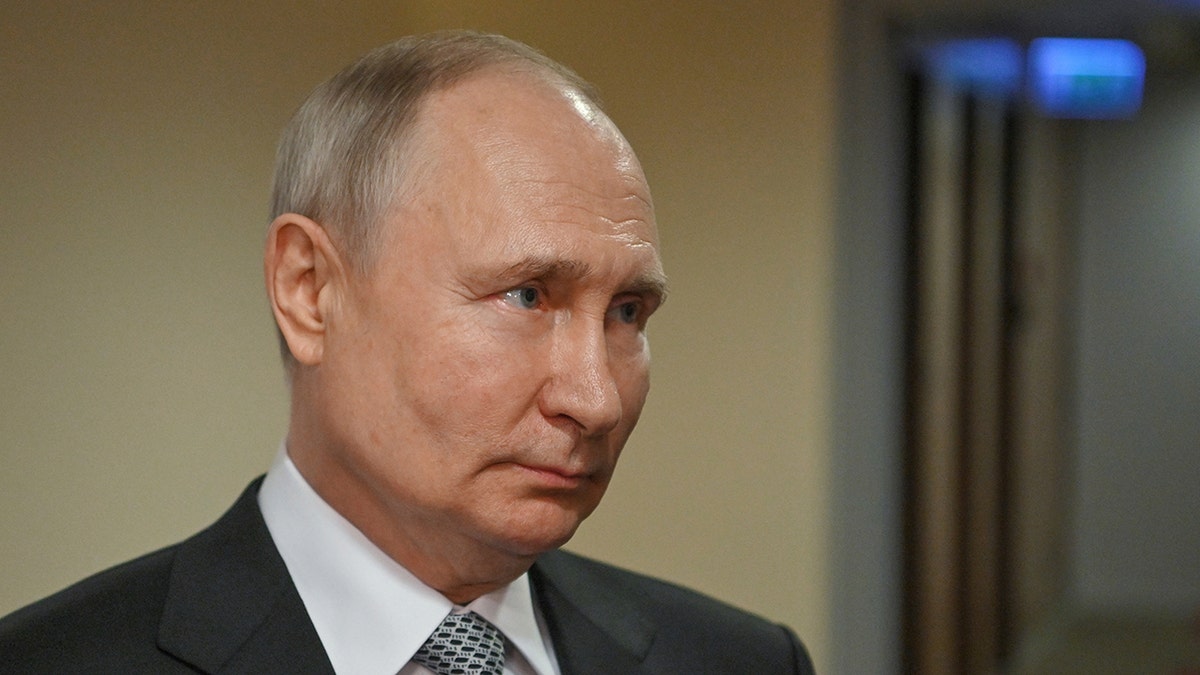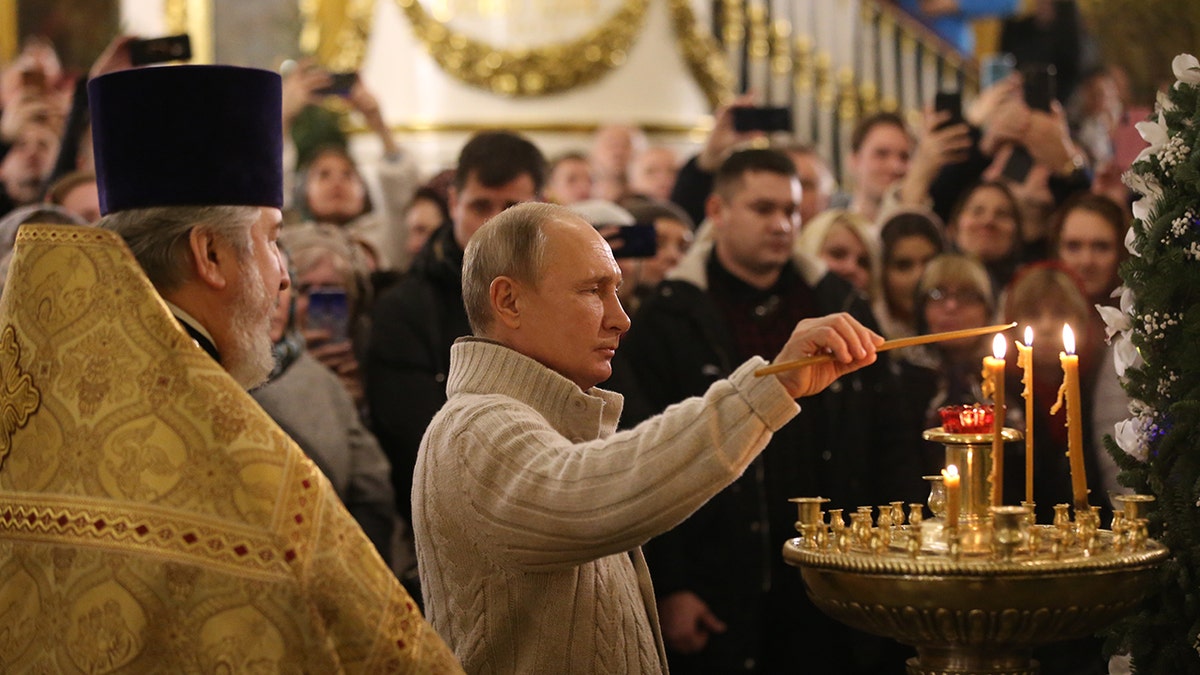Russia's lower house of parliament, the State Duma, has unanimously approved a bill prohibiting transgender medical procedures. The legislation, framed as a defense of Russia's "traditional values," now moves to the Federation Council and then to President Putin for final approval.
The bill bans all medical interventions designed to change a person's sex and prevents individuals from altering their gender on official documents. The sole exception is for medical treatment of congenital anomalies. Amendments added to the bill also nullify marriages where one partner has undergone a gender change and bar transgender individuals from adopting or fostering children.

The Federation Council's approval is largely seen as a formality, and with the Duma's unanimous support, the bill is expected to become law. This aligns with previous legislation signed by President Putin targeting the LGBTQ+ community, including a 2013 ban on "propaganda of nontraditional sexual relations" that was expanded last year.

This new law has generated anxiety within Russia's transgender community and drawn condemnation from LGBTQ+ advocacy groups and medical experts. Critics argue that gender-affirming care is essential for some individuals' well-being and should not be universally prohibited.

Russian legislators portray the bill as a shield against what they term "Western anti-family ideology," with some using inflammatory language to describe gender transitions. This move comes in advance of Russia's 2024 presidential election, where Putin has consistently positioned himself as a defender of family values, promoting marriage and larger families.
Putin has cultivated a strong relationship with the Russian Orthodox Church and frequently contrasts Western liberal values with what he considers Russia's "traditional values." In 2020, he backed a constitutional amendment banning same-sex marriage, further solidifying his stance on these issues.
Comments(0)
Top Comments